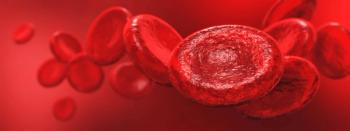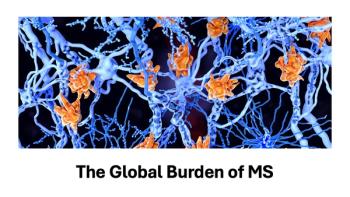
Surprising Active Participants in Fighting Autoimmune Disease
A new study theorizes organs affected by autoimmune disease suppress immune cells using methods similar to those used by cancer cells to evade detection.
A new study theorizes organs affected by autoimmune disease suppress immune cells using methods similar to those used by cancer cells to evade detection.
“This study started with the findings by other researchers that tumor infiltrating T cells acted in a manner completely different than their peripheral counterparts,” says study author Jeremy Tilstra, MD, PhD, assistant professor of medicine, division rheumatology and clinical immunology at the University of Pittsburgh. “We hypothesized that tissue infiltrating T cells in autoimmunity likely also changed after infiltrating tissues. However, we believed that these cells would have been more active leading to tissue damage.”
He explains that in autoimmune diseases like lupus, immune cells that normally protect against bacteria or cancer cells will instead start to recognize the body’s own cells as foreign and attack them. In lupus nephritis, a kidney disease associated with SLE, a large number of these kidney infiltrating T cells (KITs) were thought to be activated, causing damage over time.
The study, “
In the study, the researchers measured the cell surface markers, functional capacity (cytokine production and proliferation potential), metabolic function, and transcriptional profile of the tissue infiltrating T cells and compared them to their peripheral counterparts. Unexpectedly, these T cells were found to be suppressed in many ways after entering the kidney. These T cells had less ability to cause damage, had less energetic capacity, and no longer proliferated as well.
Related article:
The researchers discovered that kidney cells from lupus mice expressed increased amounts of PD-L1, compared to normal kidney, a finding observed previously in patients with lupus nephritis. Given the implications of PD-L1 in cancer therapy and cancer biology this suggests that PD-L1 expression in the kidney may be a mechanism by which infiltrating T cells are suppressed in autoimmunity.
“Normal tissue parenchyma has the capacity to suppress T cells,” Tilstra says. “The T cell exhaustion phenotype is not confined to maladaptive states of cancer or infection but may be a general mechanism of peripheral tolerance that tumors can amplify. Since infiltrating T cells are significantly different than their peripheral counterparts, this offers potential new targets for therapeutic development.”
“T cells that enter and attack the kidney resemble tumor-infiltrating T cells and thus this process may be adapted by tumors to evade the immune system,” Tilstra says. “It is important to remember that although these T cells are exhausted, they still can cause damage and likely do so, just at a slower rate than if they were fully active cells.”
Immune-related adverse events
In fact, he adds, it’s known that cancer immunotherapies-which work to reactivate the immune system-may have harmful effects to those with autoimmune conditions.
“Immune-related adverse events are the biggest side effect of many of these new cancer immunotherapies,” he says. “This study offers one explanation of how widely checkpoint inhibitor used for cancer treatment may cause autoimmune side effects.”
To date, there is one other major paper looking at lupus and vasculitis patients that found that patients with exhausted T cells in the blood had better long-term outcomes. Additionally, there are a few papers that have shown that T cells from the kidney of lupus mice do produce more cytokines than what was observed in the study, but the methods were different and those studies examined very small cell numbers.
Create a foundation
This work may lay the groundwork for other feature studies and explorations. As this study showed that these infiltrating T cells are exhausted/suppressed by the kidney, attempts to potentiate the response to improve outcomes can be made. The researchers further hypothesize that many people likely have these autoreactive T cells in their body, but for the most part the body tries to tune down these cells, so it may be interesting to look for these cells in patients receiving immunotherapy for cancer.
“Overall, this suppressed phenotype of T cells may be another mechanism by which people are protected from autoimmunity,” Tilstra says. “This work tells us that the target organs are not bystanders in the process of autoimmunity but rather they are playing an active role trying to prevent disease.”
Keith Loria is an award-winning journalist who has been writing for major newspapers and magazines for close to 20 years, on topics as diverse as sports, business, and healthcare.
Newsletter
Get the latest industry news, event updates, and more from Managed healthcare Executive.

























